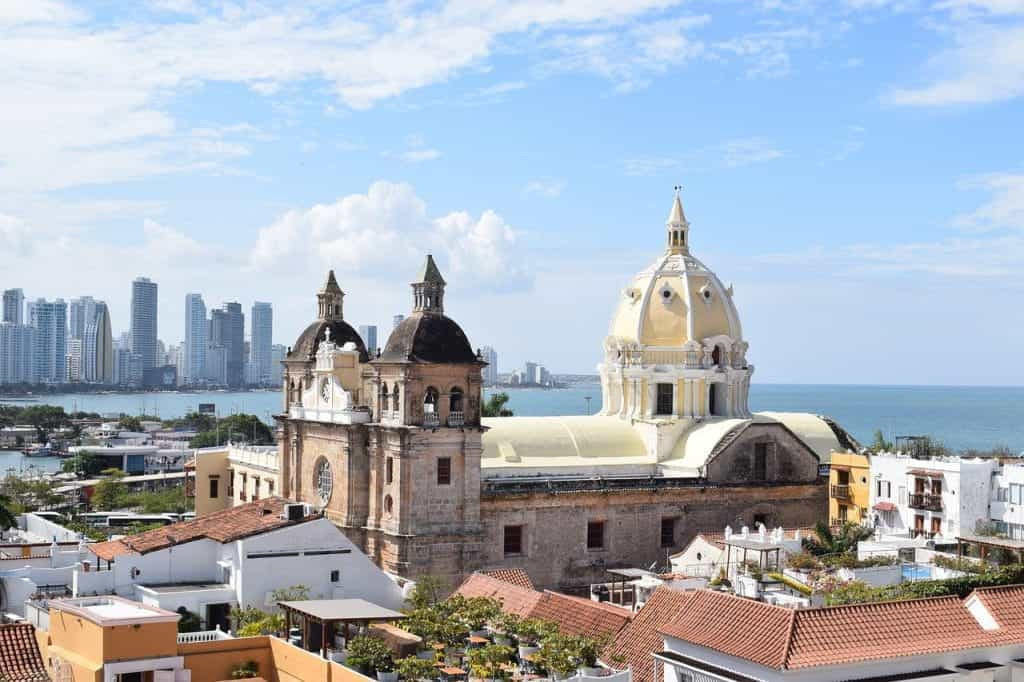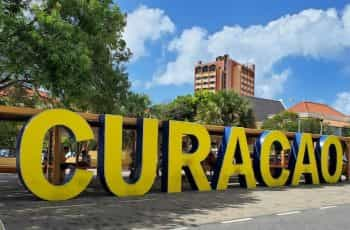Deal Proves Colombia Leads LatAm Gaming
South America’s gaming giant Codere has recently announced a new partnership with Habanero for its Colombia locations. This is just the latest in a series of big moves towards Colombia’s gaming market, which has been demonstrating stellar numbers and a sturdy base for a growing local industry. This is unlike other leading countries in Latin America, such as Mexico and Argentina, whose governments are less friendly to gaming.

Habanero’s deal with gaming giant Codere Colombia is just the latest development in an ongoing upward trend for Colombia’s gaming industry. ©Lukas/Pexels
A Spicy Deal Between Habanero and Codere
Last week, games provider Habanero announced a new partnership with Latin America’s gaming giant, Codere, in its Colombia locations. The deal means that Habanero’s extremely popular games will now be available in Colombia for the first time.
“Colombia is a really exciting market full of potential and we are delighted to be making our debut at a time when opportunities are aplenty. To do it with such a prestigious and respected operator makes our entrance particularly significant and we look forward to a mutually beneficial partnership as we both continue to grow our footprint in the market.”– Vera Motto, Business Development Executive, Habanero
Executives from Codere were similarly enthusiastic about the new deal. Salo Leder, a business development executive from Codere, praised Habanero and predicted a popular entry for the developer in Colombia. “Habanero’s portfolio features a vast number of high-quality offerings, matched by an array of state-of-the-art marketing solutions. We are happy to be the first operator to feature their games in Colombia as they are sure to be a hit with our players there.”
What Is Habanero?
Habanero is a games developer which works with countries in the west, as well as in Asian markets. According to their website, they currently are available in 16 certified markets around the world.
As of today, the developer has more than 100 games in HTML5, including slots, table games, and video poker. These include popular titles like “Loony Blox,” “Wizards Want War,” “Wild Trucks,” “Mount Mazuma,” “Hot Hot Fruit,” “Egyptian Dreams Deluxe,” “Naughty Santa,” and more.
The software offers gameplay in close to 30 languages, as well as offering players the ability to place bets in “any currency including crypto.”
International Companies Flocking to Colombia
The announcement of the Habanero-Codere deal comes just after international slot provider Zitro announced their new office in Bogotá, Colombia, the country’s capital city.
According to Zitro representatives, this move was inspired by the popularity of two of their latest releases, Link King and Link Me, with Colombia’s gamers.
About the push into Colombia’s gaming market, Zitro’s Regional Director for Latin America, Alejandra Burato, said:
“The vertiginous growth of Zitro throughout [Latin America], and in particular in Colombia, has led us to the decision to strengthen our human, commercial, and technical structure, as well as to open a new office in the capital city of the country.”
Zitro’s announcement came just a short time after iGaming provider Playtech announced a new partnership with Wplay, one of Colombia’s leading betting brands.
Wplay was the first company to earn a coveted gaming license from Colombia’s government in 2017. In this new, mutually beneficial deal between Wplay and Playtech, gamers around the world will be able to access each of the company’s tools: using Playtech’s innovative software and technology to access Wplay’s exciting portfolio of games.
These games will not just be available to gamers in Colombia: with Playtech’s international reach to 17 countries worldwide, their new arrangement with Wplay marks both Playtech’s introduction to the Latin American market, and Wplay’s introduction to gamers around the world.
Just before this, Codere Colombia struck another big deal for local gamers: a contract signed with MGA Games, which effectively brings the massive and beloved portfolio of MGA Games to players in Colombia.
Following A Trend Of Massive Success in Colombia
This deal comes on the heels of a press conference had by Colombia’s gaming regulators at the close of 2019, wherein officials revealed exponential growth for Colombia’s gaming market, particularly in iGaming.
At an annual press conference held between Colombia’s gaming regulators, Coljuegos, and local press, Coljuegos director Juan B. Peréz Hidalgo announced that iGaming revenue in Colombia grew 83% from the year before. At the time of the conference, the anticipated annual revenue for iGaming in Colombia was COP69.4 billion ($20.6 million USD).

Last year’s stellar numbers proved to international companies just how significant the Colombia gaming market will continue to be, and companies from Playtech to Habanero are paying attention. ©neidygirado21/Pixabay
Why Such Big Growth in Colombia?
Many countries around the world are working to re-regulate their gaming industry b tased on the relatively new development of iGaming. Realizing just how popular and how lucrative iGaming can be, different regions have developed different methodologies of cashing in on the massive revenues.
Some, like Buenos Aires, Argentina’s capital province, have outlawed private ownership of bingo and lottery of bingo and lottery companies, both in brick-and-mortar institutions and online. Instead, all bingo and lottery activities in Buenos Aires will be controlled solely through the state, or by private companies granted exclusive licenses from the government.
Colombia’s administration has opted for a different approach. In 2016, officials in Colombia passed what is known as the “EGaming Act,” legislation which legalized regulated online gaming nationwide, including activities like sportsbooks, fantasy sports, online casino, poker, and more.
From 2017 until today, Colombia’s government has been working with local gaming companies to issue a number of licenses to continue their operations. At the close of 2019, the total number of licensed gaming companies eligible to offer legal online content was 18.
And local customers are enthusiastic about online gaming: on January 31, 2019, Coljuegos — Colombia’s official gaming regulator — reported more than 2 million registered users in Colombia were accessing iGaming through their platform.
In addition to the friendliness of Colombia’s administration towards the gaming industry, it doesn’t hurt that they have also begun to crack down on unlicensed operators. According to Coljuegos statistics, around 2,000 unlicensed operators were shut down by the regulators in 2019. Before that, Coljuegos had reclaimed close to 4,400 illegal unlicensed gaming devices owned by local citizens between October 2018 and the end of 2019.



